Boardroom battles and taking on Thatcher: How a former BBC NI controller fought a war for independence
A two page spread in The Belfast Telegraph, covering the book, details Sir Richard’s Francis’…
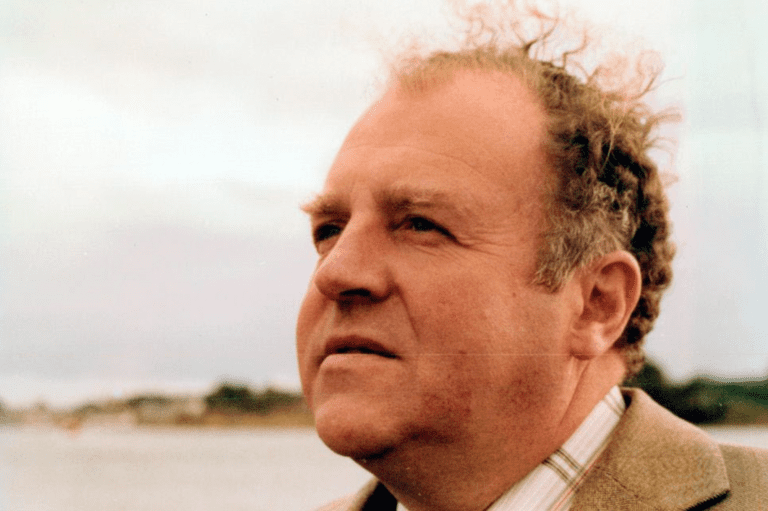
A two page spread in The Belfast Telegraph, covering the book, details Sir Richard’s Francis’…
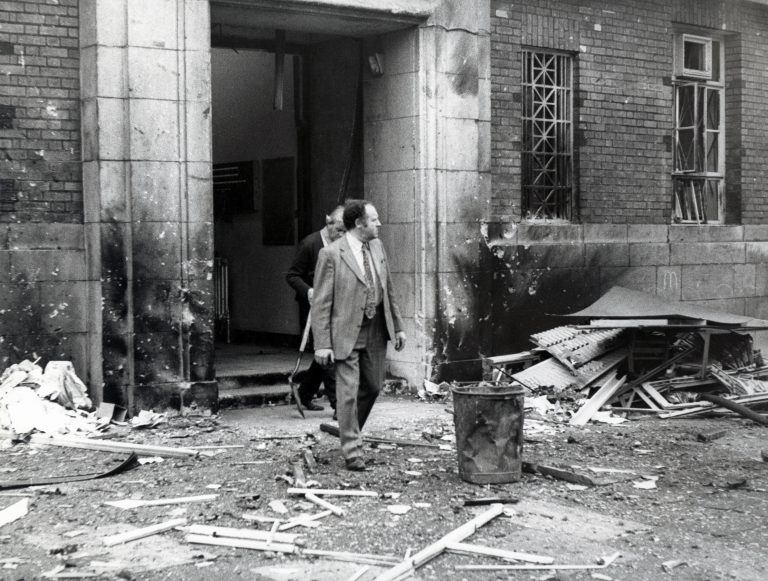
Book Review in The European Summer 2025 Edition (page 116): The BBC’s Last Warrior-Statesman My…
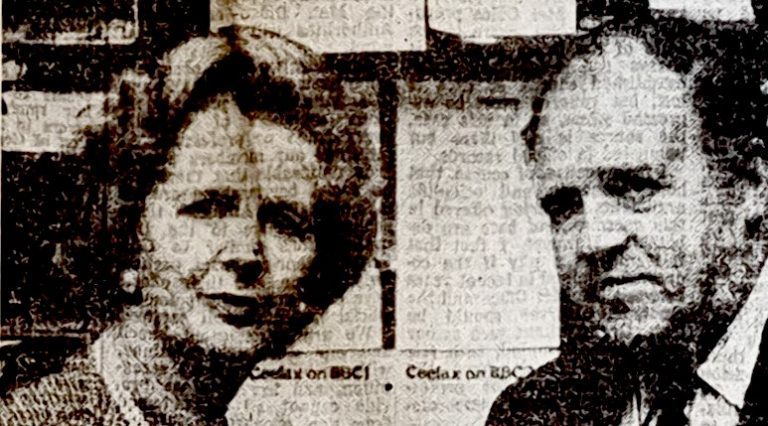
Stephen discusses how Sir Richard Francis defended the BBC against pressures from Margaret Thatcher. He…
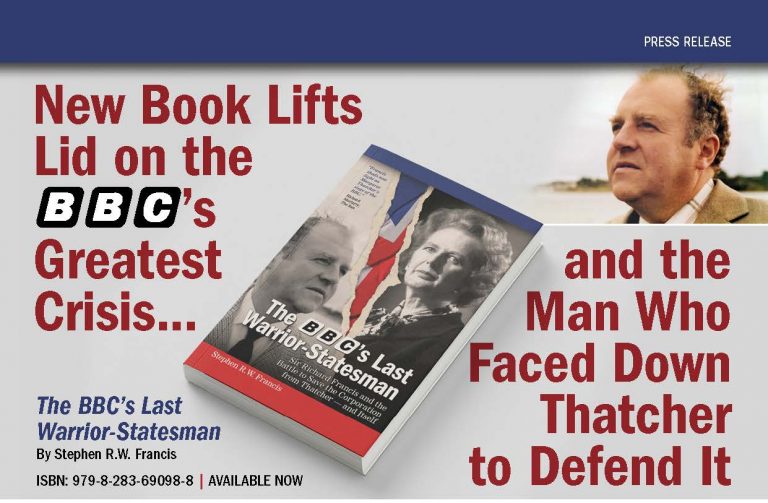
New book lifts the lid on the BBC’s greatest Crisis…and the man who faced down…
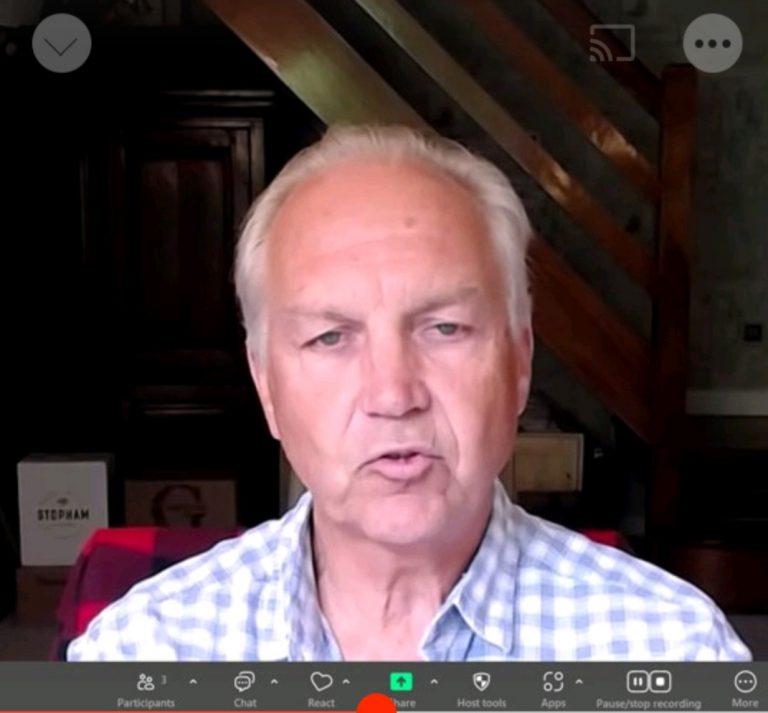
A fascinating insight into the recently published biography of Sir Richard Francis with his son Stephen in conversation with Alex Lewczuk & Merryn Hobson.

From pioneering live satellite broadcasts to creating Ceefax, Sir Richard Francis transformed the BBC into a global, visual, and immediate force.
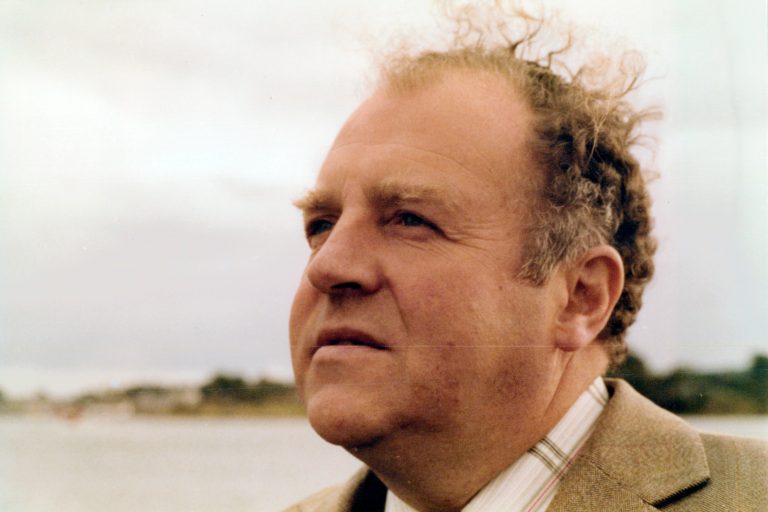
My father was a brilliant but elusive BBC titan — a risk-taker and adventurer whose sudden death left me searching for the man behind the myth, and finally understanding his legacy.
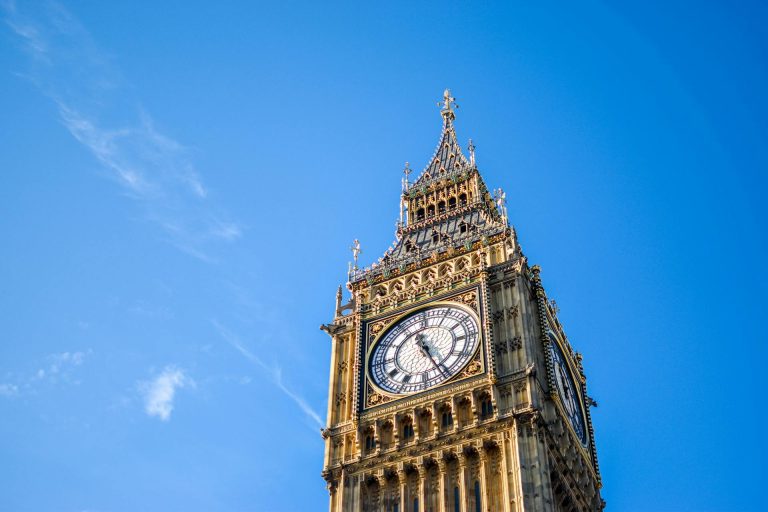
Sir Richard Francis stood firm when Thatcher tried to tame the BBC, upholding its duty to inform the public, not serve the state.
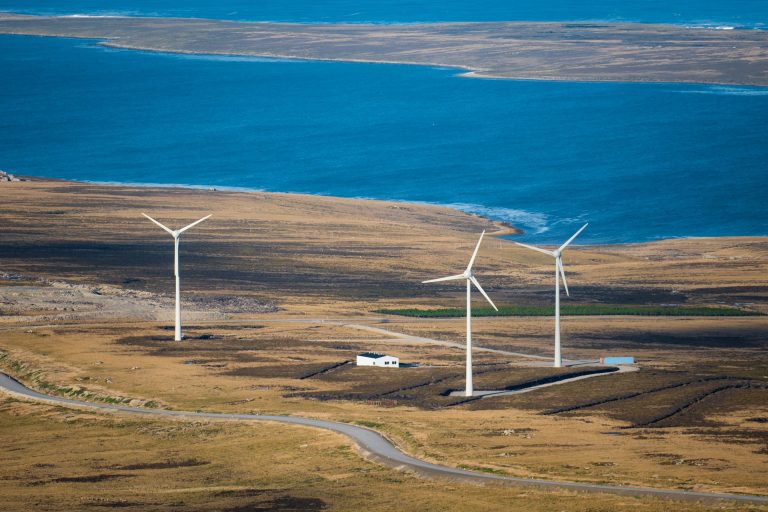
During the Falklands War, Sir Richard Francis defended the BBC’s impartiality against PM Margaret Thatcher’s fury, refusing to turn journalism into jingoism, even as political pressure reached unprecedented heights.
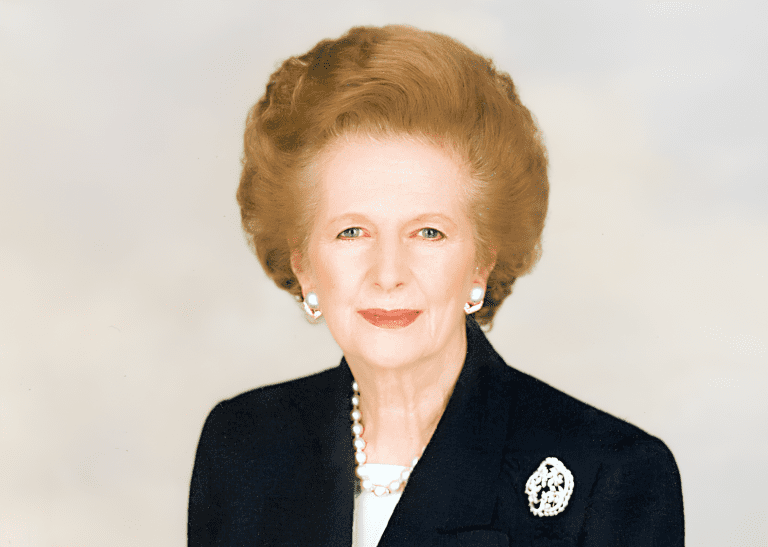
Thatcher saw the BBC as elitist and unaccountable; Sir Richard Francis saw it as a pillar of democracy. Their clash defined a critical moment in the fight for media independence.
End of content
End of content

Stephen R.W. Francis is an author, historian, biographer, and former business consultant. He is the son of Sir Richard Francis, a distinguished director of the BBC. His book, His book, The BBC’s Last Warrior-Statesman, is available now